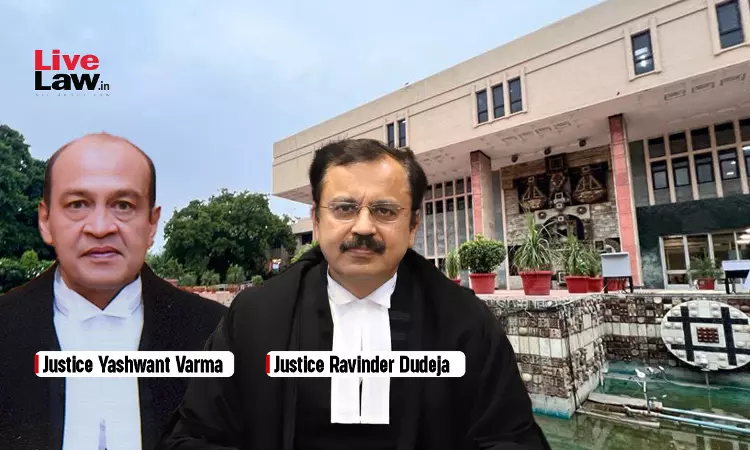CBDT Cannot Impose Limitations To Extinguish Rights Granted Under Income Tax Act: Delhi High Court
Upasna Agrawal
26 Feb 2025 2:15 PM IST

Next Story
26 Feb 2025 2:15 PM IST
Recently, the Delhi High Court held that Central Board of Direct Taxes (CBDT) cannot impose limitations to extinguish rights granted under Income Tax Act, 1961. The Court held that the wide powers granted to the CBDT are not for extinguishing a right that is conferred by the Act. Accordingly, the Court Circular No. 07/2007 dated 23 October 2007 issued by the CBDT to the be ultra vires the...
